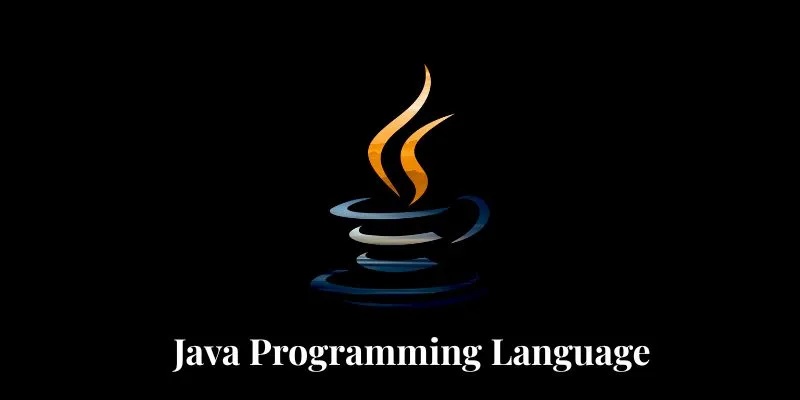One of the most widely used programming languages is Java worldwide, renowned for its portability, scalability, and reliability. While beginners often start with core concepts such as variables, loops, and object-oriented programming basics, true mastery of Java comes from understanding its advanced features. These advanced concepts empower developers to build robust, High-performance applications that can manage complex business needs. If you are looking to enhance your skills, enrolling in a Java Course in Bangalore can help you gain practical experience and in-depth knowledge of these advanced topics. In this blog, we’ll explore key advanced Java concepts every developer should know, their use cases, and why they matter for your professional growth.
1. Multithreading and Concurrency
Multithreading is a strong feature in Java that allows multiple threads to run simultaneously, improving the performance of applications. Understanding concurrency is crucial when building systems that require multitasking, such as chat applications, gaming engines, or servers that handle multiple client requests at once.
Developers should familiarize themselves with the Thread class, Runnable interface, synchronization, and the java.util.concurrent package. Mastering thread safety, race conditions, and deadlock prevention is essential for writing reliable and scalable multithreaded code.
2. Generics
Generics allow developers to create classes, interfaces, and methods with type parameters, enabling code reusability and type safety. Instead of writing multiple versions of the same class for different data types, generics make it possible to use one implementation for all.
For example, List<Integer> and List<String> can use the same List interface but with type safety enforced at compile time. This reduces runtime errors and makes the code easier to maintain.
3. Streams and Functional Programming
Java 8 introduced the Streams API, which revolutionised how developers handle collections. Streams allow developers to perform functional-style operations such as filtering, mapping, and reducing data in a more concise and readable way. Instead of relying on lengthy nested loops, developers can now process data in a cleaner, more expressive manner. This method reduces boilerplate code and also improves application performance, making the logic easier to understand and maintain. For learners looking to master this feature, joining a Java Course in Cochin can provide hands-on training and practical projects to strengthen their skills.
4. Reflection API
Java Reflection allows developers to inspect and modify classes, methods, and fields at runtime. This is particularly useful for building frameworks, libraries, and tools where code needs to interact dynamically with unknown classes.
Popular frameworks like Spring and Hibernate use reflection extensively to perform dependency injection, object-relational mapping (ORM), and configuration without requiring manual code changes. However, reflection should be used carefully because it can impact performance and break encapsulation.
5. Java Memory Management and Garbage Collection
Understanding Java memory management is key to writing efficient applications. Java uses an automatic garbage collector (GC) to free memory, but developers must still understand concepts like heap, stack, memory leaks, and object lifecycle.
Tuning the garbage collector, monitoring memory usage, and using profiling tools like VisualVM can significantly improve application performance. Advanced developers should also learn about different garbage collection algorithms such as G1GC, CMS, and ZGC.
6. Design Patterns in Java
Design patterns provide time-tested solutions to common software problems. Advanced Java developers should be familiar with patterns such as Singleton, Factory, Builder, Observer, and Dependency Injection.
For example, using the Singleton pattern makes sure that only one instance of a class is present, which is useful for configuration classes or logging utilities. Applying design patterns improves code readability, maintainability, and scalability. If you want to gain a deeper understanding of design patterns and their practical applications, enrolling in a Java Course in Delhi can help you learn through real-world examples and hands-on projects.
7. Networking and APIs
Java’s java.net package allows developers to build client-server applications using sockets, HTTP connections, and REST APIs. Understanding networking is vital for creating distributed systems, microservices, and cloud-based applications.
With the rise of RESTful APIs, developers should learn how to consume and create APIs using libraries like HttpClient or frameworks like Spring Boot.
8. Java Security
Security is an important part of software development. Advanced Java developers must understand how to secure applications through authentication, authorization, and data encryption. Java provides APIs for cryptography, SSL/TLS, and secure communication, making it possible to build applications that protect sensitive data.
Mastering advanced Java concepts is essential for any developer who wants to build scalable, secure, and high-performance applications Gaining a solid understanding of networking, APIs, and security further ensures that you can handle real-world, enterprise-level projects with confidence. If you are serious about enhancing your skills, enrolling in a Java Course in Jaipur can give you the hands-on training and mentorship needed to apply these advanced techniques effectively. By deepening your expertise, you can take your Java career to the next level and stay competitive in today’s fast-paced tech industry.


